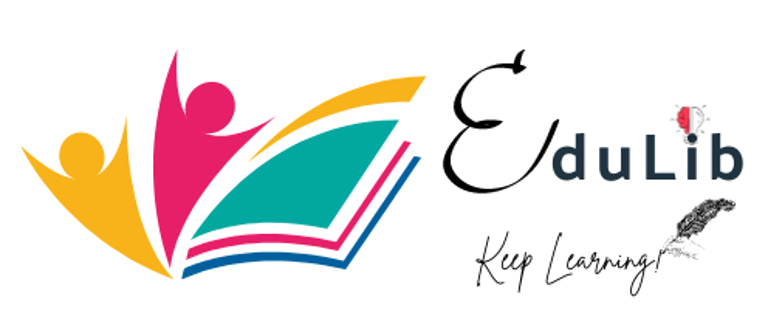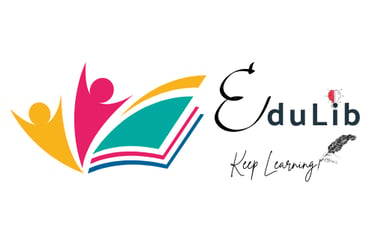
Five Ways That Teachers Can Improve Their Lessons: Students' Perspectives
Discover five effective ways teachers can enhance their lessons from students' perspectives. Gain valuable insights to create engaging and impactful learning experiences in the classroom.
At the start of each new academic year, I always ask the new students to complete this sentence: I learn best in class where the teacher... Educators can learn from their answers to enhance their teaching methods. The following are the five most recurring themes from their discussions:
Relate Discussion to Real-World Concepts: Connecting classroom learning to real-world applications is a powerful way to make lessons more relevant and engaging for students. Teachers can use examples and case studies that demonstrate how the concepts they are teaching are applicable in real-life situations. For instance, in a science class, discussing the impact of climate change on communities or exploring the engineering behind renewable energy sources can show students the practical implications of their learning. By presenting real-world connections, teachers can help students see the value and significance of the subject matter beyond the confines of the classroom.
Accommodate Learners by Providing Individual Support: Every student learns at their own pace and may have different strengths and weaknesses. Providing individual support ensures that all students have the opportunity to succeed. Teachers can achieve this by offering one-on-one discussions, extra tutoring, or creating differentiated assignments tailored to students' abilities. Taking the time to understand each student's learning needs and providing personalized attention can significantly improve their academic performance and boost their confidence.
Being Open and Easy to Talk to: Creating an open and approachable learning environment is crucial for students to feel comfortable expressing their ideas and asking questions. Teachers who actively listen to their students' concerns and feedback, without judgment, build trust and rapport with the class. Encouraging open dialogue not only fosters a positive learning atmosphere but also allows teachers to gain valuable insights into their students' perspectives, needs, and interests, enabling them to adapt their teaching style accordingly.
Making Lessons Fun Through Technology: Integrating technology into lessons can make learning more enjoyable and interactive for students. Utilising educational games, virtual simulations, multimedia presentations, and interactive quizzes can add an element of fun while reinforcing key concepts. For example, in science classes, my students request to play Kahoots to check their prior learning. Also, virtual tours of building sites can create immersive learning experiences. By leveraging technology creatively, teachers can capture students' attention and motivation, enhancing their overall learning outcomes.
Encouraging Debate: Encouraging debate and class discussions can stimulate critical thinking and enhance students' ability to articulate their ideas effectively. By presenting controversial topics or thought-provoking questions, teachers can foster a classroom culture where students feel encouraged to express their opinions and engage in respectful debates. Such discussions help students develop their analytical and communication skills while broadening their perspectives through exposure to diverse viewpoints.
In conclusion, incorporating real-world connections, providing individualised support, fostering an open and welcoming atmosphere, leveraging technology to make lessons engaging, and encouraging debate are valuable strategies for teachers to develop effective lessons. Implementing these approaches not only enhances the learning experience but also empowers students to become active, inquisitive, and enthusiastic participants in their own education journey.
Seven Things That Make Learning Difficult in Classrooms: Students' Perspectives
- Dr Adewale Abimbola, FHEA, GMICE.
Top Reasons Why Students Choose a Course: A Comprehensive Guide
- Dr Adewale Abimbola, FHEA, GMICE.






